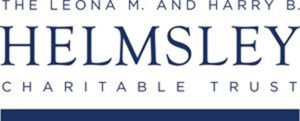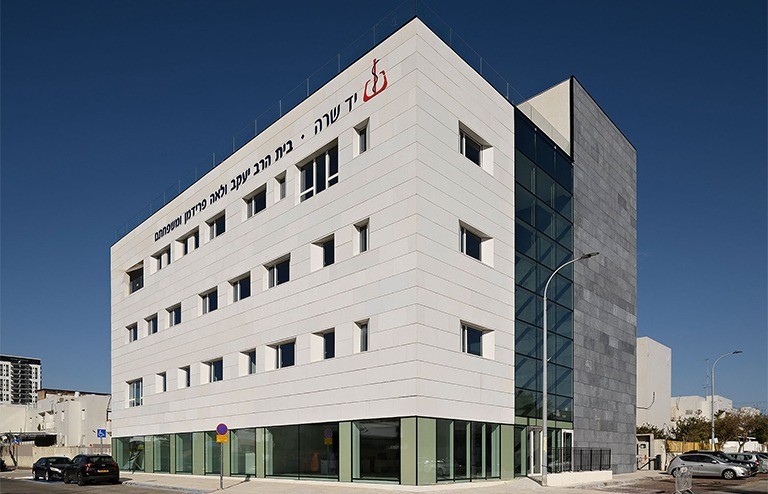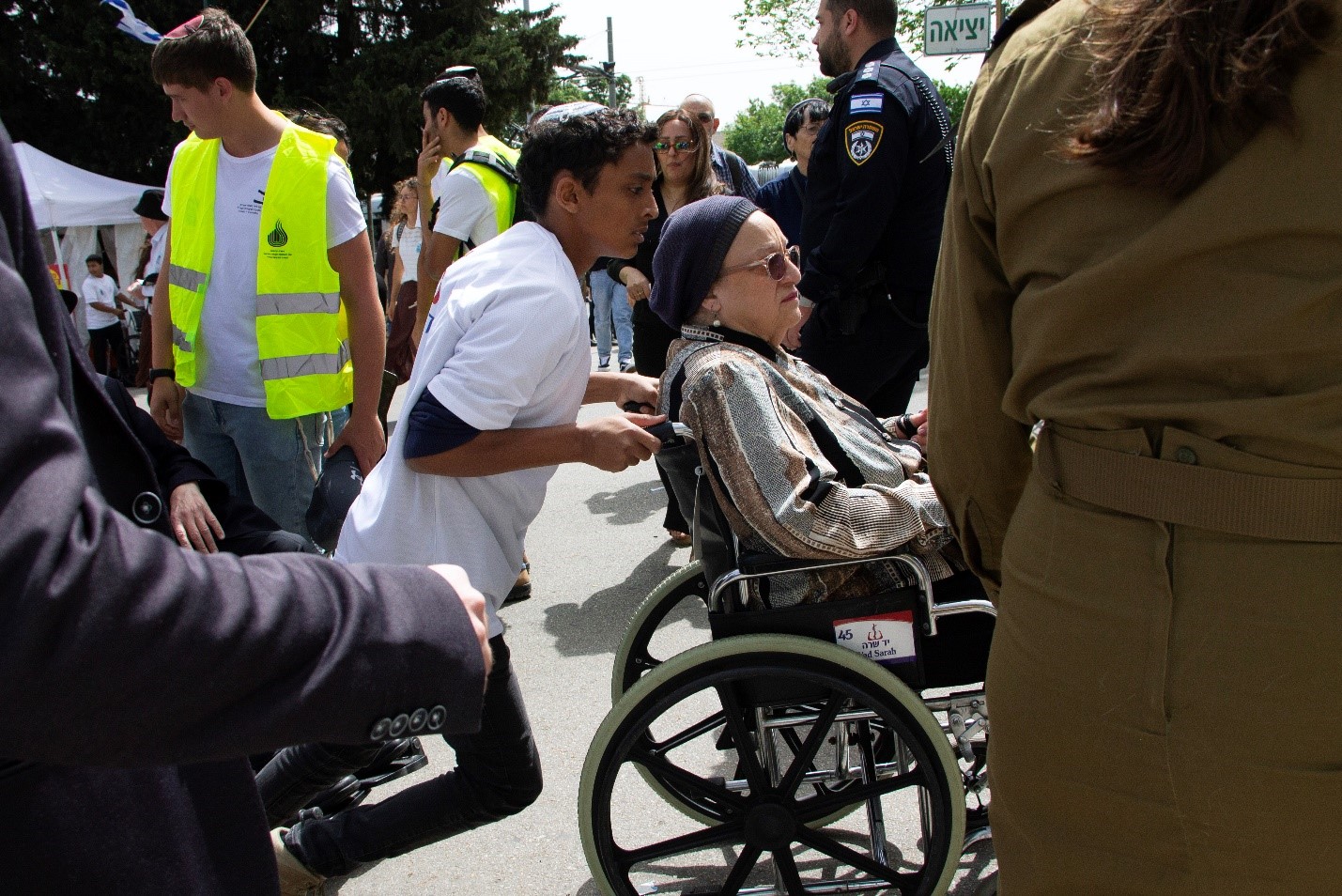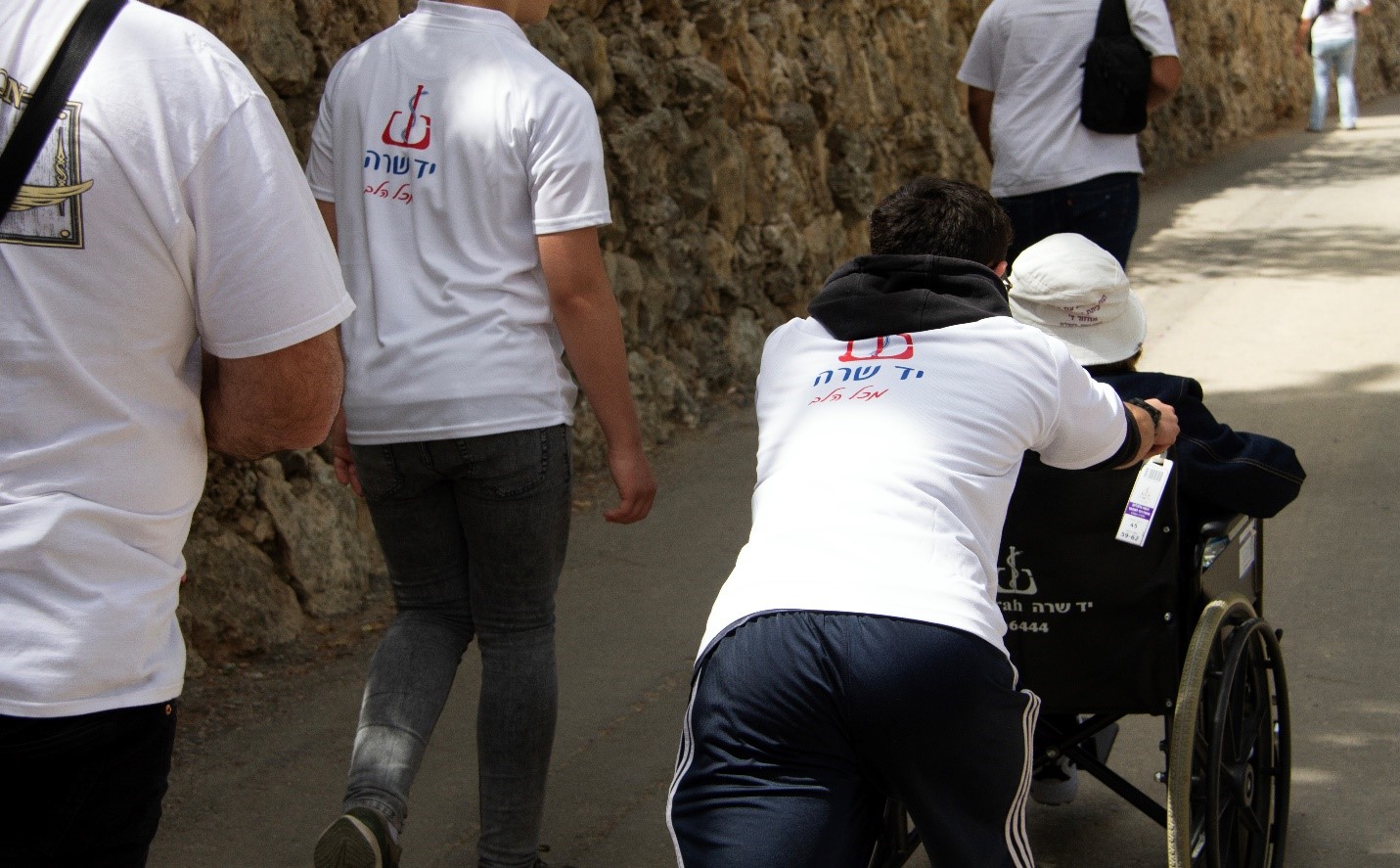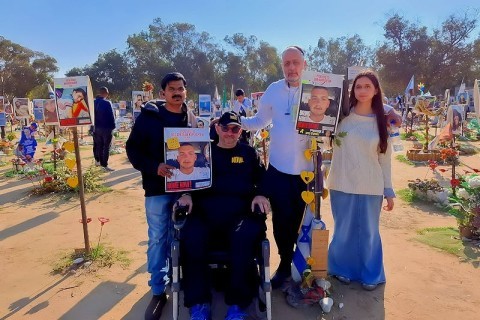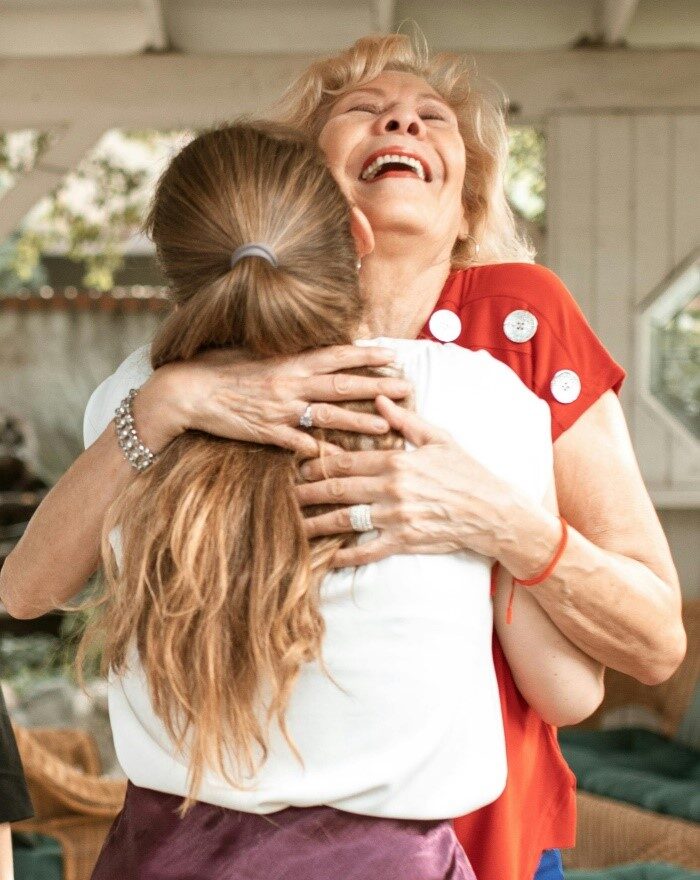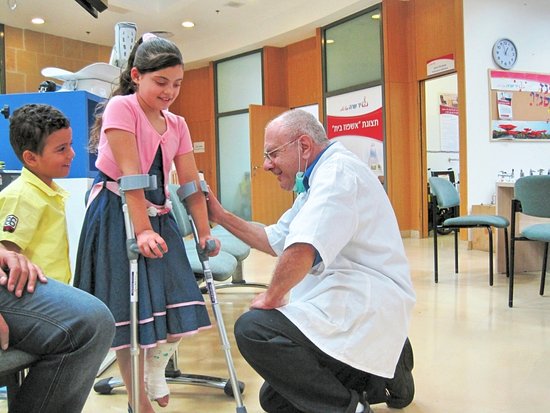Dental and Healthcare Now a Reality Due to the Generosity of the Helmsley Charitable Trust
Yad Sarah founder Uri Lupolianski: “There will be no elderly person unable to eat due to neglected dental treatment.* Thanks to the assistance of the Helmsley Charitable Trust, the dedicated staff of the Yad Sarah Mobile Dental Clinic will offer dental treatment to the homebound in every area of the country.
After many years operating a mobile clinic in Jerusalem and the surrounding area, the organization has officially launched the service nationwide.
Once again, Yad Sarah sees a need and creates a solution. Elderly and homebound individuals, who are unable to come to the dentist, receive subsidized treatments in their bedroom or in their nursing home. The mobile clinic offers a full range of dental treatments at home. And in true Yad Sarah style, the clinicians offer friendship and a sympathetic ear.
Until now, there was only one such mobile unit, operating in the Jerusalem area. Now, thanks to the Helmsley Charitable Trust, which has contributed to the expansion of the service and the establishment of a national network, the service has been expanded from the centre to the north and south of Israel. The aim is to reach any elderly or disabled person who needs treatment – wherever they may be.
Yad Sarah Director General, Moshe Cohen, says that the goal set by Yad Sarah founder, Uri Lupolianski, is to provide dental care to everyone who needs it, despite being unable to travel to a dental clinic. For the past 25 years, despite the professional and logistical difficulties involved in operating the mobile units, the service has grown and reached out to hundreds of homebound people
Na’ama Bronsky, coordinator of the mobile dental service and a medical assistant at the Jerusalem clinic, says that sometimes she encounters in her work “dental neglect that is at the level of trauma.” This makes the job particularly difficult, and as a result, it is challenging to recruit volunteer doctors that are on a high professional level and also see this work as a mission.
“We had other volunteers, but they just couldn’t handle it,” admits Bronsky. Volunteers need special qualities and great dedication to do this work; often they turn into psychologists on the job.
“It’s not just the treatment, which is difficult in itself, but also what comes before it – to be able to achieve the patient’s cooperation and the level of hygiene that will enable treatment. Sometimes it’s an elderly person with mild dementia and it’s very difficult to obtain their cooperation.
“We do all kinds of treatments, apart from surgery and implants, for which we need an operating room,” Bronsky concludes. “We have to remember that we are not in a sterile place, but work in field conditions, not a pharmacy or a laboratory, We have been treating people for years, and now we can serve the residents of the north and the south.”


